It was another busy year on BuzzFeed News’s investigations desk. If you’re looking for some holiday reading, join us on an investigative choose-your-own-adventure — from the interrogation room of a rural Alabama sheriff to the imagined glamour of Trump Tower Moscow to the sunny coastal shores where a master spy hoped to go fishing. Here are our greatest hits:
1. The Trump money trail
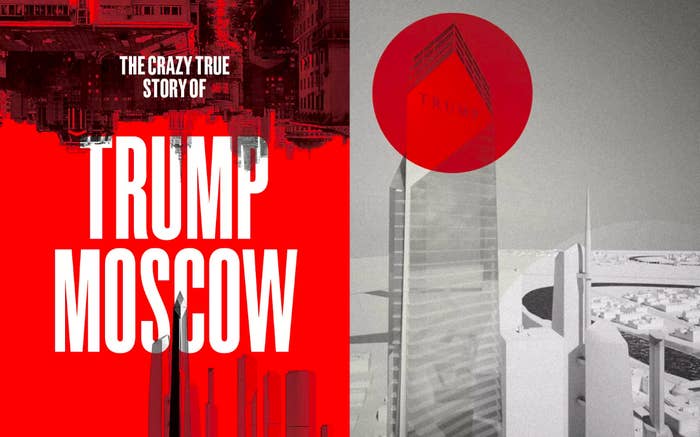
By Anthony Cormier and Jason Leopold
It was the story that overwhelmingly dominated 2018: Donald Trump, Russia, and the trail of money and influence swirling around them. No one was further ahead of the pack than Anthony Cormier and Jason Leopold. In collaboration with colleagues Emma Loop, Tanya Kozyreva, Azeen Ghorayshi, John Templon, and Chris McDaniel, they exposed suspicious financial transactions, undisclosed meetings, conflicting statements, and shady business dealings. In many cases, prosecutors were left to play catch-up, bringing charges that closely echoed stories that BuzzFeed News had published.
The team showed that a former spy was involved in the failed Trump Moscow deal, as was Ivanka Trump, who was in contact with a Russian weightlifter offering up a Trump–Putin meeting to help make the deal happen. They also exposed a series of suspicious transactions made before and after the now-infamous Trump Tower meeting between Donald Trump Jr. and a Russian lawyer with ties to the Kremlin. And they uncovered crucial details about key players in the Mueller investigation: Felix Sater’s double life as an American spy and his lengthy interviews with the Senate, and Michael Cohen’s history with New York City cab companies, as well as the inside of his shredder.
In May, the team published the definitive history of Trump World Tower Moscow, including text messages from secret negotiations that extended well into the 2016 campaign — despite the president's insistence to the contrary.
Want us to report on more stories like this with impact? Join us as a BuzzFeed News member.
Six months after the article published, Cohen entered a plea in federal court that bore striking similarity to that reporting. That same day, Cormier and Leopold revealed the plan to give the tower’s $50 million penthouse to none other than Russian President Vladimir Putin. Democrats on the House Intelligence Committee immediately announced that they will investigate.
Cormier and Leopold finished off the year with one more blazing scoop about a slightly different Russia issue: US Treasury Department officials used a Gmail back channel to communicate with the Russian government as the Kremlin sought sensitive financial information on its enemies.
2. The ghosts of the orphanage

By Christine Kenneally
Millions of American children were placed in orphanages. Some didn’t make it out alive.
Part investigation, part ghost story, Christine Kenneally’s years-long inquiry into the systematic abuse and alleged murder of children at St. Joseph’s Orphanage cracked open a secret history of American life — and added a vast new dimension to the Catholic Church’s mistreatment of children.
The story took readers on a journey into the elusive nature of memory and trauma, immersing them into the claustrophobic world of a midcentury Vermont orphanage and emerging into the current day with the survivors’ desperate fight for justice.
The story’s impact was immediate. More than 5 million people read it. Vermont officials announced a task force to investigate the abuse — and the Burlington diocese promised to participate, and to release some of the information from priests’ secret disciplinary files. The Burlington Police said murder charges are possible.
3. “You want to know who killed them all? I killed them all.”

By Jessica Garrison
He was a doting grandfather, and he went by the name “El Mano Negra” — the Black Hand. And he claims to have killed at least 36 people during a decades-long career as a contract hitman. How did he get away with it for so long, and why was he only finally caught by a sheriff’s office in Alabama?
In a crackling story that evokes a part of the country rarely visited by law enforcement agents, let alone journalists, Jessica Garrison suggests a dark truth: Kill the right people — in his case, farmworkers and drug dealers, few of whom had anyone to speak on their behalf — and you just might find there’s no one to stop you.
4. The American mercenaries
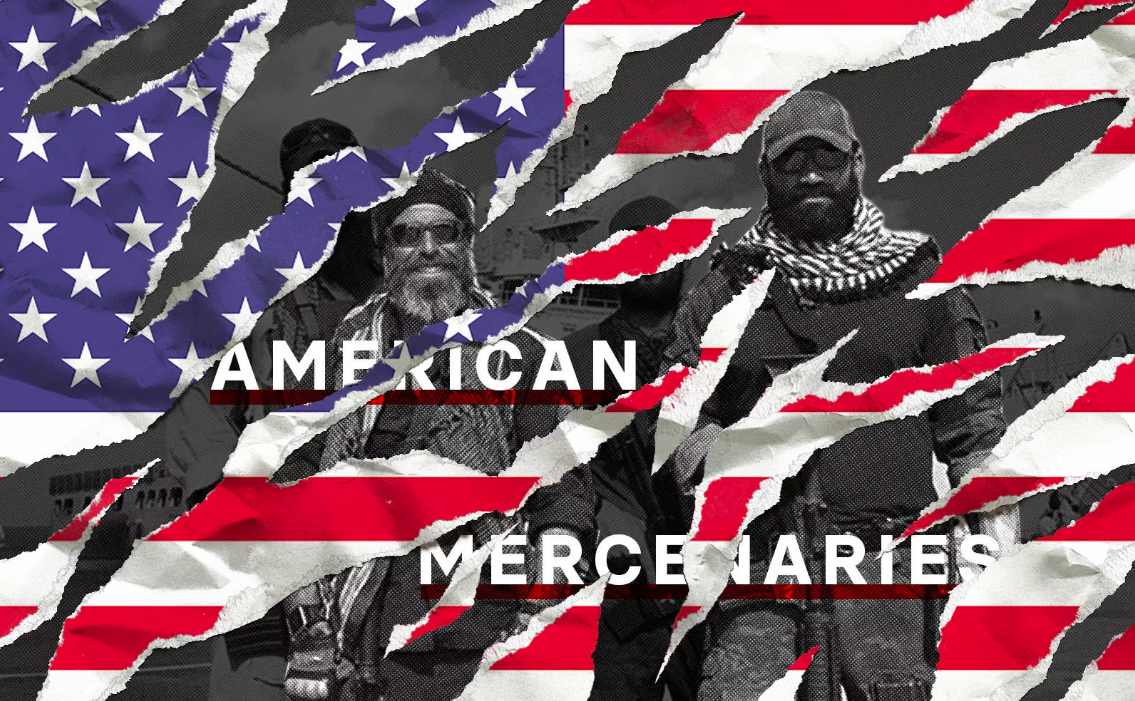
By Aram Roston
They fought under a skull-and-crossed swords flag on an assassination campaign for the United Arab Emirates in war-torn Yemen. But they were not Emiratis, nor members of that country’s military. They were Americans, elite special operations fighters trained by the United States military, then hired by the desert monarchy to make targeted kills in one of the world’s most dangerous war zones.
Aram Roston exposed these American mercenaries in a story with crackling detail — a former Green Beret cradling an AK-47 and sucking a lollipop, dog tags imprinted with the mercenaries’ blood type, and a charter jet stuffed with cases of Basil Hayden’s whiskey. The article features the following comment from a key player: “Maybe I’m a monster. Maybe I should be in jail. Maybe I’m a bad guy. But I’m right.”
As the US military grows more reliant on targeted assassinations and private military contractors, American mercenaries are the shocking new frontier of global war — one which Roston also captured with this profile of “Little Napoleon,” an American who left the US Army to become a general for the UAE.
5. The UK’s refusal to raid a company suspected of money laundering — citing political donations
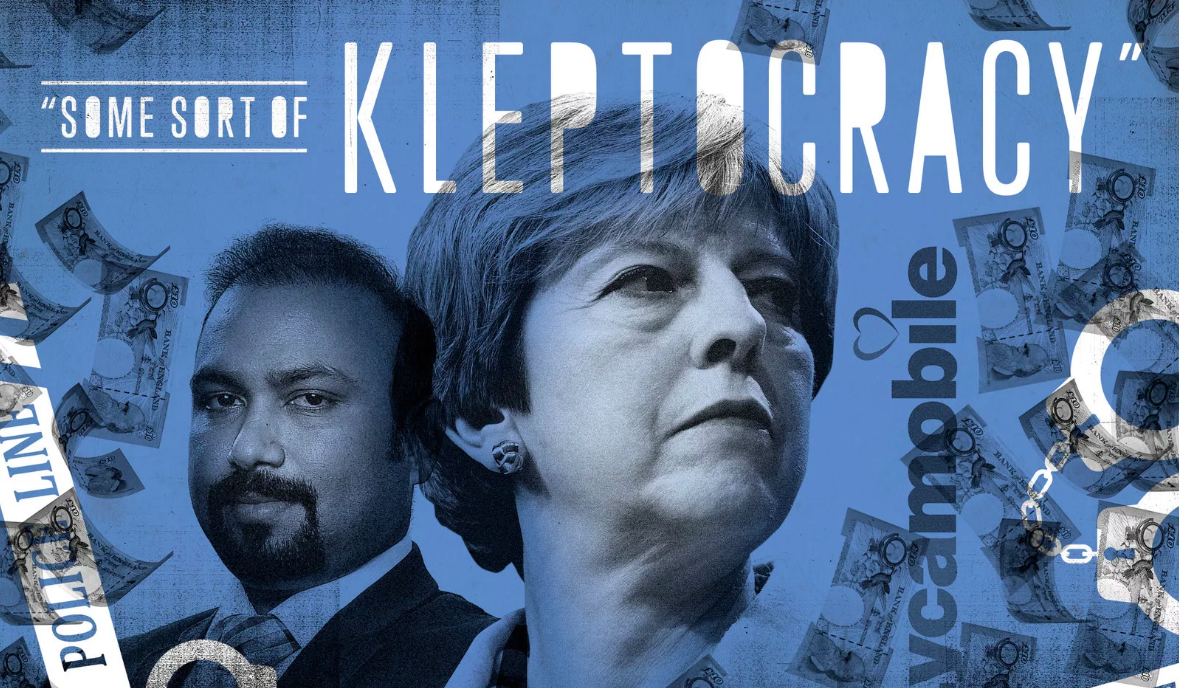
By Heidi Blake, Tom Warren, Richard Holmes, and Jane Bradley
True, the telecoms giant Lycamobile was suspected of money laundering, but a British tax official advised that his government would not take action against them. After all, he wrote, “It is of note that they are the biggest corporate donor to the Conservative party led by Prime Minister Theresa May.”
A shocking sentence — so shocking that when BuzzFeed News first approached the government about it, a senior official insisted it could not be real. “This is the United Kingdom for God’s sake, not some third world banana republic where the organs of state are in hock to some sort of kleptocracy.” But officials ultimately had to acknowledge that the exchange had taken place.
Members of Parliament immediately demanded an explanation after the story was published. The UK’s tax chief later acknowledged the “mistake,” and a top minister admitted it was a “huge error of judgment.”
6. The NYPD’s secret files
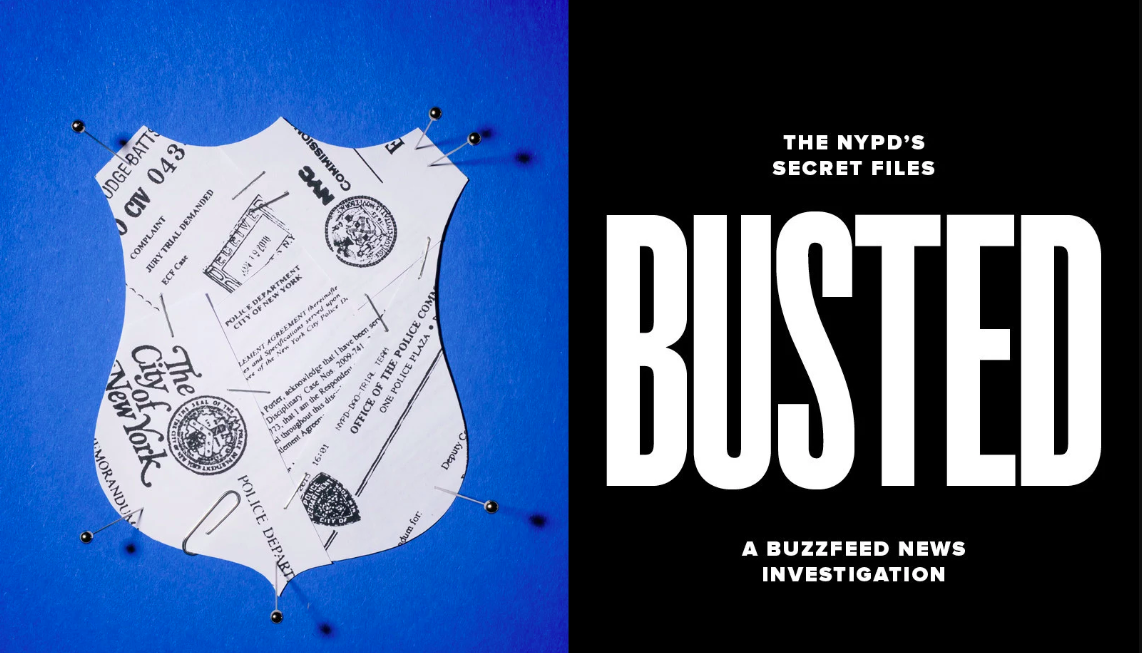
By Kendall Taggart and Mike Hayes
It was perhaps the biggest secret America’s largest police force: Hundreds of officers kept their jobs despite committing offenses so serious that the department’s own policies say they merit firing. Many of the officers lied, cheated, stole, or assaulted New York City residents. Dozens were found guilty of excessive force by a police tribunal. Yet the police commissioner, who has final say over disciplinary decisions, personally granted them permission to stay in their jobs.
The NYPD has fought hard to keep the outside world from knowing how it disciplines its own ranks. But Kendall Taggart and Mike Hayes obtained a vast internal disciplinary database, whose files document an almost total lack of accountability to the public. Then Taggart and Hayes published the records in full, and in a searchable format. In this post, they explained the overwhelming public interest in making these records available.
They found one officer accused of sexual harassment who received no punishment (while his accuser, a fellow cop, was forced into rehab). Another, with a history of aggression, who went on to shoot a man in the face. A third faced no repercussions for forcing an 11-year-old girl to the ground, then claiming he “slipped.” And a former top official overseeing the department’s watchdog shelved a report about officers who lied.
Top officials called for change, and one city council member demanded that a new nominee for a top oversight job read the stories. The department, meanwhile, announced an independent panel to review its disciplinary program.
7. The UK’s false rape prosecutions
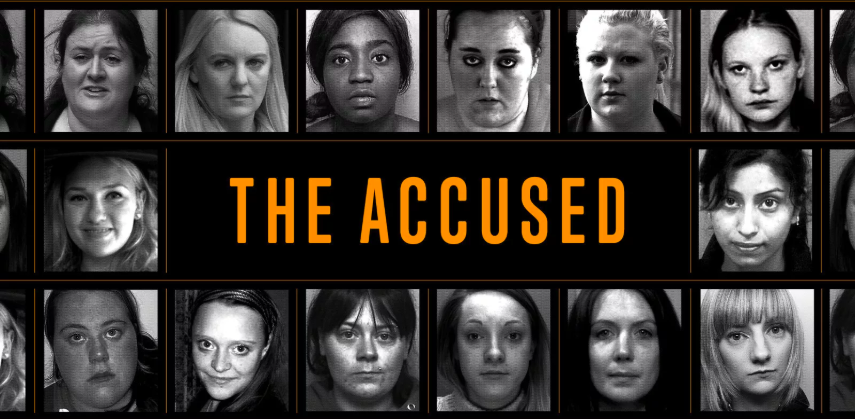
By Katie J.M. Baker and Jane Bradley
In this searing report, Katie J.M. Baker and Jane Bradley exposed British prosecutors’ record of aggressively going after women who have reported rapes. In the last decade, at least 200 women have been prosecuted for lying. Most were sent to prison.
Prosecutors went after teenagers as well as women who reportedly had mental health issues, had experienced past physical and sexual assault, or were grappling with drug and alcohol addiction. Women were prosecuted even when they reportedly went to police only under pressure, quickly recanted, or never named their attacker at all. “How can women feel safe reporting rape to police under these circumstances?” said a professor who had studied these cases closely.
8. Bias in figure skating
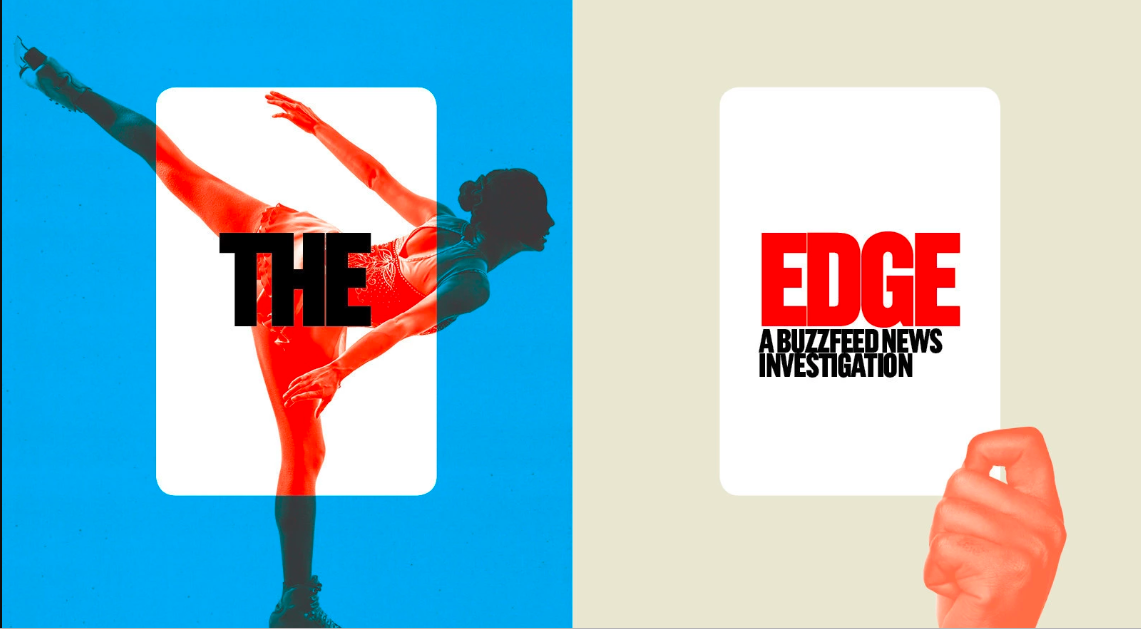
By John Templon and Rosalind Adams
Just in time for the 2018 Winter Olympics, John Templon and Rosalind Adams exposed extreme national bias at the highest levels of figure skating. An exclusive analysis developed in consultation with three prominent statisticians found that many judges give their own country’s skaters a boost. Templon and Adams then backed it up with a real-time analysis of the Olympic results — and found bias strong enough that it may have made a difference in a gold medal finish.
A few months after their stories were published, the International Skating Union passed a resolution banning national bias. Two judges named by Templon and Adams were suspended for favoring their country’s skaters.
9. Danger and despair inside Britain’s private children’s care homes
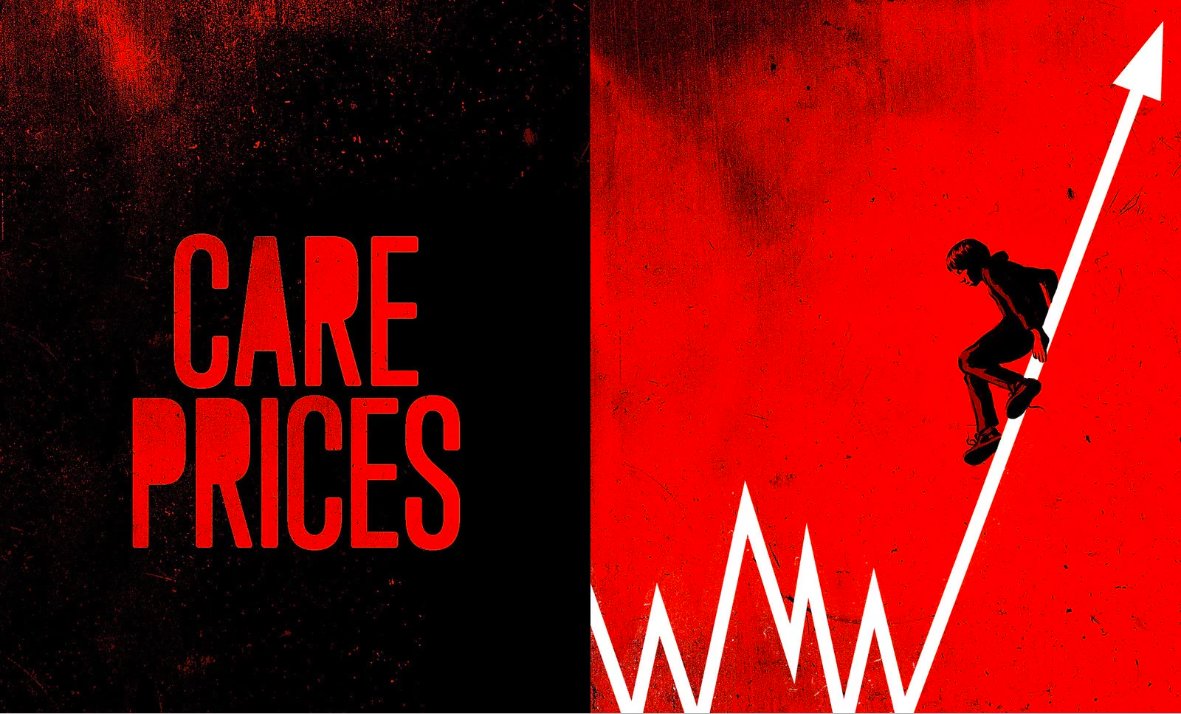
By Richard Holmes and Jeremy Singer-Vine
Care homes are a last resort in Britain’s child protection system, meant to shelter the most vulnerable members of society. But Richard Holmes and Jeremy Singer-Vine found that those homes, which are now dominated by for-profit companies, often fail their young charges.
The country’s largest provider responded to faltering stock prices by cutting the amount of money it spent on each child it housed. It worked — for the company, Cambian, whose stock price recovered nicely. But the young people in its care have been attacked, threatened with death, and arrested, and have endured environments where weapons, drugs, and filthy conditions are all too common.
Holmes and Singer-Vine also told the heart-wrenching story of Aaron Leafe, a child who was repeatedly failed by private care homes — up until the day he died.
10. More of From Russia With Blood
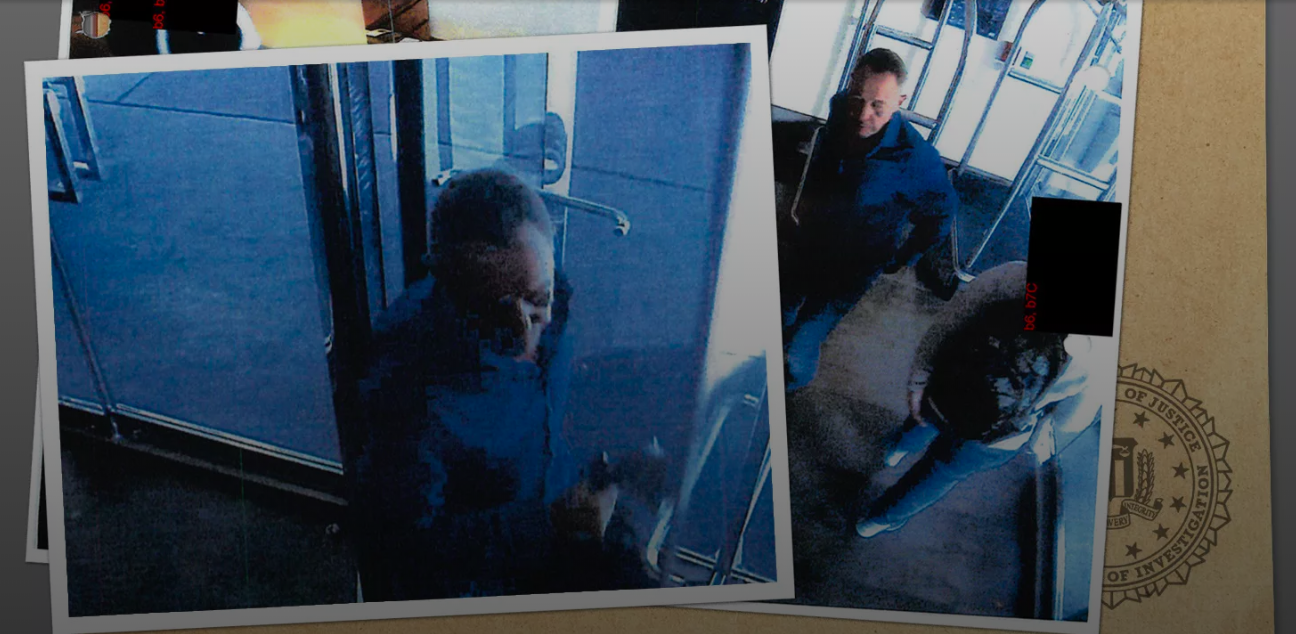
By Jason Leopold, Anthony Cormier, Heidi Blake, Tom Warren, Jane Bradley, Alex Campbell, and Richard Holmes
The stunning series that was a finalist for a 2018 Pulitzer Prize continued into 2018 with two huge scoops.
First, BuzzFeed News revealed that the FBI is in possession of an explosive report that says Mikhail Lesin, Vladimir Putin’s former media czar, was in fact murdered.
US authorities have long maintained that the death, in a Washington, DC, hotel, was an accident. But BuzzFeed News revealed that the report — written by none other than Christopher Steele, the former British intelligence agent who also wrote the notorious Trump dossier — says Lesin was beaten to death by hired thugs, on the eve of a scheduled meeting with the Justice Department.
Second, BuzzFeed News reporters revealed that Alexander Poteyev — a Russian double agent whose death was trumpeted by the Kremlin years ago — was in fact very much alive and living all but openly within the United States. He even voted in the 2016 presidential election. Moscow had promoted the story of his death as part of a larger narrative about what happens to those who betray the Kremlin. But this time the US had played along, a rare bit of synergy in the spy-vs.-spy annals of international relations.
The From Russia With Blood series, which exposed 14 suspicious Russia-linked deaths on UK soil, and one in the US — regained new attention this year after the former Russian spy Sergei Skripal and his daughter were poisoned in England with a rare nerve agent, an attack that killed a bystander.
11. Inside Britain’s hidden homeless slave trade
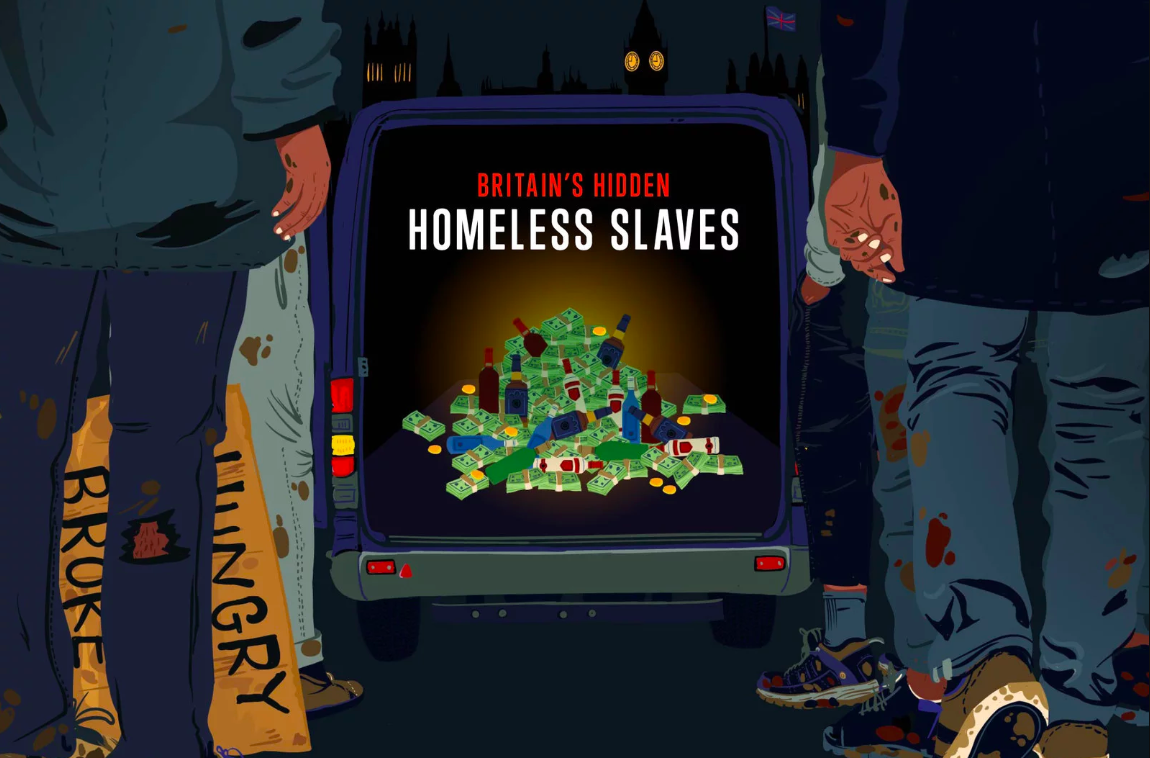
By Jane Bradley
“We are here to help you,” Theresa May promised victims in 2015 as she unveiled a law designed to stamp out human trafficking in Britain. But Jane Bradley found gaping holes in the government’s flagship modern slavery strategy, shortcomings that leave victims homeless, destitute, and vulnerable to retrafficking or deportation — even after they have been officially granted government protection. Trafficking gangs — emboldened by the government’s failings — were preying in growing numbers on Britain’s swelling homeless population in plain sight of the authorities. As well as migrants smuggled in from abroad, the victims included British citizens, snatched from the streets in broad daylight.
12. The Americans who took on corruption inside the world’s game
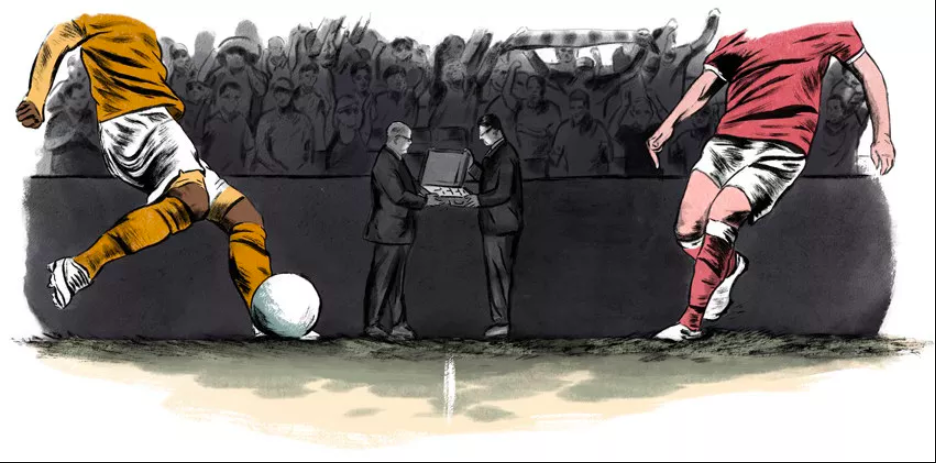
By Ken Bensinger
Four years ago, Ken Bensinger shed new light on a little-known US angle to the corruption scandal engulfing global soccer — the swindling suburban dad with the Santa Clause beard known as Chuck Blazer. Blazer became known as Mr. Ten Percent for the amount he skimmed off the top of North American soccer revenues. Now Bensinger has written the book on Blazer’s crimes — and on how Blazer helped American law enforcement convict dozens of soccer officials from all over the world of corruption and bribery. BuzzFeed Reader published an excerpt this summer.
